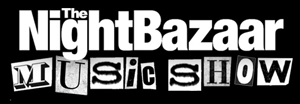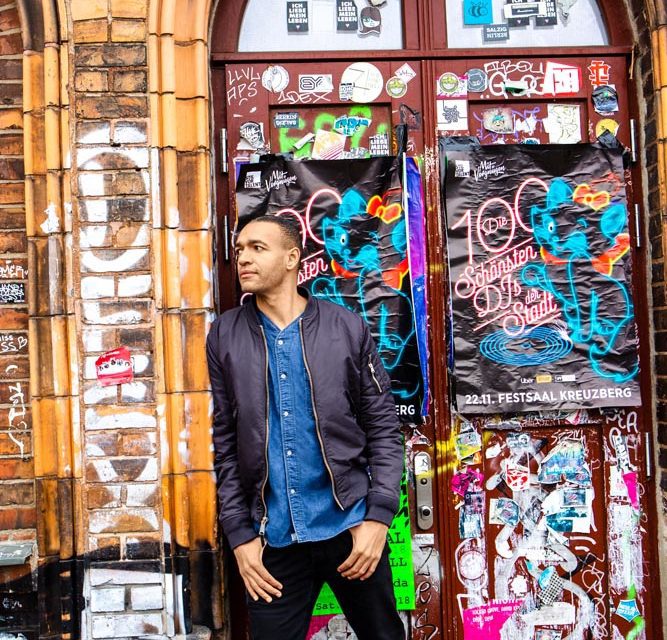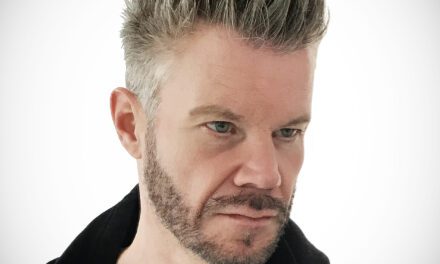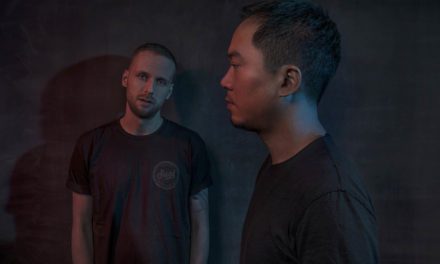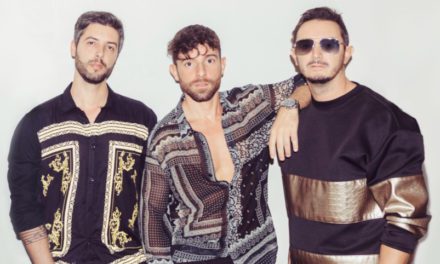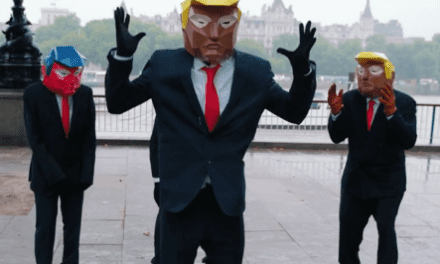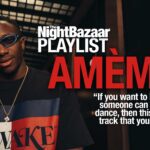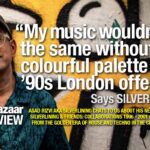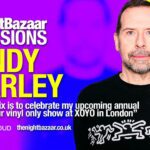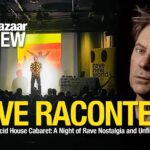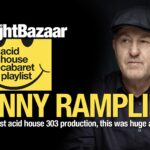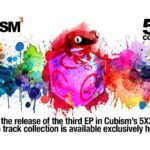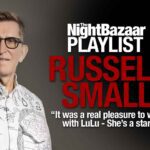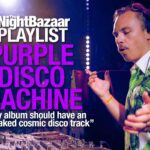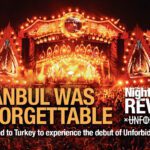GLOBAL Underground has secured Patrice Bäumel to curate and mix the first Global Underground city series mix album for over 3 years.
We caught up with Patrice to discuss his German roots and his meteoric rise to from a little town in the East of Germany to becoming one of the most respected new wave techno DJs and mixing the new Global Underground city series album.
How did you get involved with Global Underground?
The label approached us about curating a new GU album and I liked their output of releases and the way they were presented, so as I was between projects, I was very interested.
What made you choose Berlin as your city?
It’s my second home and where my heart is. My mother lives there and I spent some of my formative years growing up amidst the emergent techno scene.
I went to my first rave in Berlin – Mayday in ’93 and also cut my techno teeth at Love Parade and Hard Wax record store, however as a young person my ears were more attuned to hard techno and happy hardcore type sounds.
Today I play regularly at Kater Blau and love the non-stop vibe of Berlin. I always say ‘Had Frank Sinatra lived today, he would be singing about Berlin, the city that never sleeps.’
Although you are known as a techno DJ, you also have the deep and rhythmic edge that people associate with progressive house. Were you a fan of prog?
We weren’t really exposed to UK progressive when I started DJing in Berlin; it was just techno, hard techno, gabber (hard style) and other hardcore styles, which I was into at the time. However, when I relocated to Amsterdam I came across all different sounds, which is where I developed my deeper techno style. I still consider it techno, it’s just the beats are interspersed with rhythm and it builds a hypnotic groove. This is my signature sound. I do like the music Sasha and John Digweed play and yes there are correlations between our directions, however I still consider my lexicon to be more techno based.
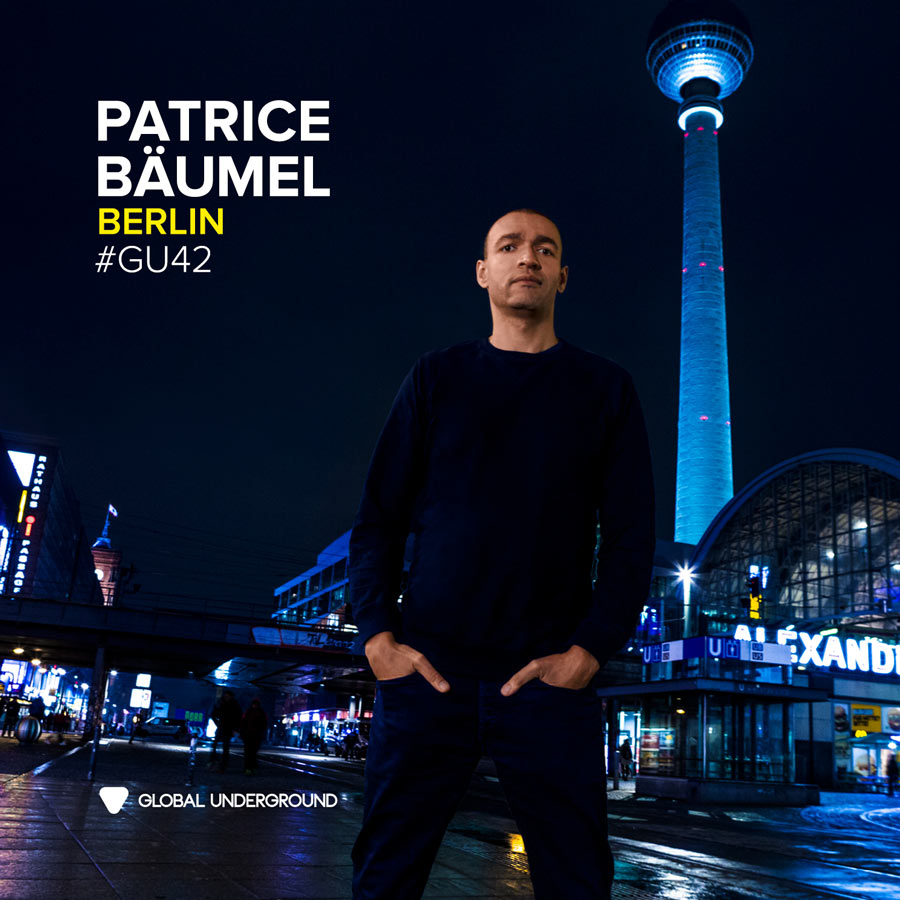
You’ve been DJing a relatively long time but have recently made a quantum leap in your profile. Where do you see yourself?
This is how things build organically as a DJ and producer, however I feel I am honing a craft and the time is unimportant compared to the result. When I moved to Amsterdam I was involved in the gabber scene, however I became more interested in techno and house and changed what I was doing. The turning point came in 2002 when I took part in Red Bull Music Academy in Sao Paolo and after that I decided to take music more seriously. At first I was just playing small parties, but after deciding to make music as well, the whole thing took on a new momentum. I gained residencies at Eleven and Trouw and began releasing tracks on bigger and better labels. This evolutionary journey was crowned by signing to Kompakt and Afterlife, two of the biggest labels and a relentless touring schedule!
Berlin is very much at the heart of the electronic music scene. How does the city connect with you and your mix?
I was born in the east of Germany, in a little town called Freital during the days of communism. The nearest town was Dresden and Berlin was a 2-hour drive. Following the destruction of the Berlin Wall and the collapse of the Eastern Bloc, Berlin became a metaphor for freedom, allowing music and the arts to flourish. Also being a modern technologically focused hub it was an obvious place to embrace techno and electronic music. I was always attracted to Berlin since I was a small child and I associated the city with favourite bands Depeche Mode and The Cure, introduced to me by my father who was a music journalist. Their melancholic influence can be heard in what I play today. Berlin is a metropolis in the true sense, it’s 24-hour because it doesn’t have an off-switch, it carries you away with its positive energy. I regularly visit the city to play and visit my mother who lives there; it’s very much part of me and what I’m about.
How did you end up living in Amsterdam?
I’ve been living in Amsterdam a long time and have settled down here with my wife and our dog. Like Berlin it has a young feel and there’s plenty of work and opportunity. Like Berlin, it’s also a very music-focused city, especially for electronic music. Amsterdam is very much a melting pot of people with very progressive ideas without the discrimination and prejudice I experienced growing up as a person of colour in a small east German town, where there was high unemployment and a right-wing movement who hated people of a different colour. However, when I arrived in Amsterdam I felt at home and thankfully there was lots of work and its relatively easy to make money as it’s much more expensive than living in Berlin. I live in the centre close of Amsterdam close to Centraal Station, so it’s great for travelling internationally as a DJ.
What does ADE mean to you?
It’s great that we have such a respected event here and it definitely adds something to the enjoyment of the scene. However, I spend ADE mostly playing at parties so don’t have time to attend daytime stuff. It’s great though to see friends from all over the world on your doorstep and I spend the week catching up with as many people as I can.
You’ve made waves with your productions over the last few years, how is your recording career progressing
It’s work in progress, however I’m really excited with the way things have been progressing. I have a contract with Kompakt and release tracks with Afterlife, two of the biggest labels, so for me things couldn’t be better. I have another single released on Kompakt right now called ‘Grace/Puppets’. These tracks were recorded in the Kompakt studio in Cologne and I’m very happy with their modern yet timeless techno soundscapes.
What artists have influenced you most?
When your dad is a music journalist you get exposed to all music. However I grew up liking Depeche Mode, The Cure, Yello, Frank Zappa, and The Ramones. I liked house music but never really been a disco fan. I learnt to appreciate and get into jazz, as my dad was a connoisseur. It’s all these elements that have shaped my sound palette.
Where do you see yourself fit into the techno spectrum?
I have developed my own direction, which is techno based but with deeper, progressive elements. I think straight Techno is for big rooms where music needs to be more direct and minimal as large rooms offer reverb and background noise to the output from the speakers. Whereas what I play, which can be heard on GU42: Berlin is great for a darkened warehouse space or small to medium sized room where it’s important to generate an atmosphere and build a groove.
What are your summer plans? Ibiza?
It will be a mix of festivals and gigs. Looking forward to Lovebox. I will be in Ibiza over the summer, playing at Heart opening, two Circoloco gigs, Saga, Dystopia, Afterlife and Resistance.
Tell us about the feel and flow of GU42?
There are two parts to the mix. The first half is a Berlin style outdoor party, maybe rooftop sunset vibe. However, it’s not Downtempo. It’s just more hypnotic, transcendent and lightly rhythmic – here comes the night. The second mix starts midway through the middle set at a warehouse party with all the intensity and movement you would expect from me at this time. The album was mixed love and took a long time to select the tracklisting and work through the mix. I wanted it to be the ultimate after party CD mix, something which Berlin and GU means to me.
Global Underground GU42: Berlin, Patrice Bäumel is available now as a double CD, plus digital and streaming formats, and a limited Collector’s Edition 2xCD box set with 110-page photo book containing photographer Dean Belcher’s images of Berlin and 4×12 inch square art prints.
Parable & Patrice Bäumel present: Global Underground 42 Album Launch will be held at FOLD in Canning Town on Saturday 6th April, with the Berlin party being held at Kater Blau on Sunday 7th April.


